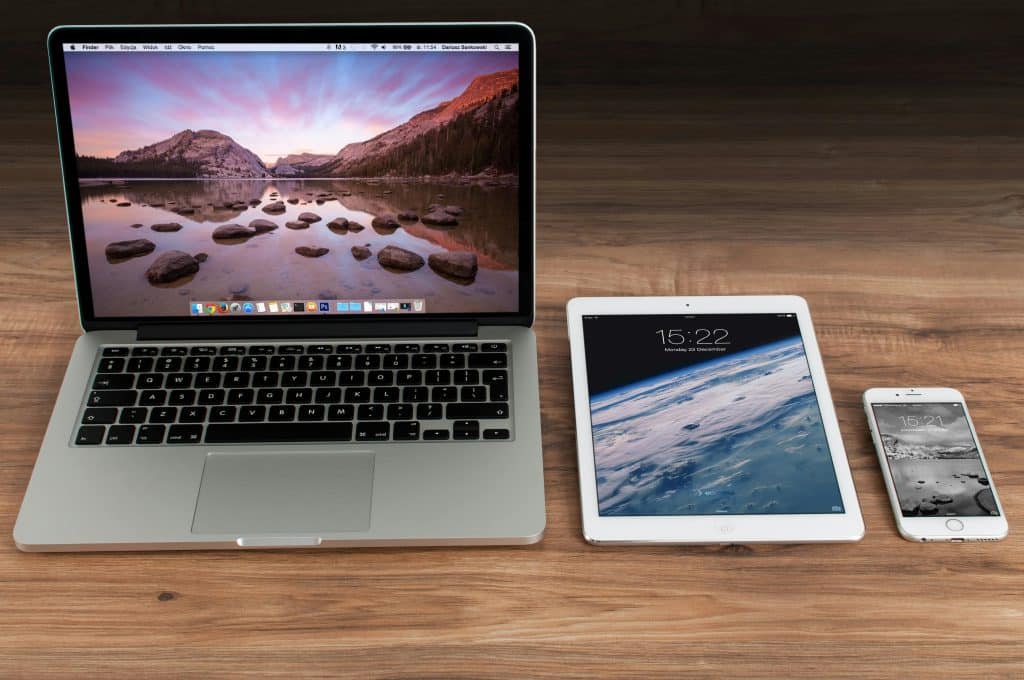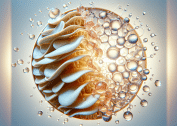In today’s fast-paced work environment, mental strain and distractions erode our ability to concentrate and produce quality work. Groundbreaking studies now confirm that mental calm leads to increased focus and productivity. When we practice intentional calm—via meditation, mindfulness, breathwork, or digital minimalism—we reduce stress, enhance working memory, and make better decisions.
Let’s explore why mental clarity matters, the latest workplace trends in 2025, and how to build a calm-centered routine that delivers lasting performance gains.

Why Maintaining Mental Calm Boosts Productivity
Mindfulness and Stress Reduction
A 2019 UK workplace study found that daily mindfulness meditation significantly improved psychological well-being and reduced workplace anxiety, while increasing perceived support and engagement.
Focus Enhancements via Cognitive Clarity
Mindfulness has been linked to greater working memory capacity and executive functioning—in part because it helps filter distracting mental signals.
Emotional Well-Being Drives Performance
Oxford’s Wellbeing Research Centre demonstrated that a one-point increase in happiness correlated with a 12% boost in productivity across nearly 1,800 call center workers. Positive emotions fuel clarity, reduce errors, and enhance creative thinking.
Proactive Calmness Is Productive
Productivity guru Chris Bailey describes how a deliberate, calm mind operates more efficiently than one in reactive chaos. Calmness enables focused work with less friction .
2025 Trend: Calm Practices Reshape Work Culture
Mental Fitness as a Professional Priority
“Mental fitness”—actions that improve resilience, focus, and cognitive agility—is trending. Practices like meditation, single-tasking, tech detox, and brain-healthy habits are now seen as critical to productivity.
Breathwork Programmes in Tech Workplaces
An arXiv study found that software workers participating in structured breathing and reflection improved mental well-being and perceived productivity over several weeks.
Silent Walking for Mental Reset
The TikTok “silent walking” trend encourages users to walk without digital distractions. Participants report calmer minds, improved mood, heightened focus, and creative insight .
Calm Technology and Workplace Design
Calm technology—low-friction interfaces and ambient design—aims to reduce digital noise and foster mental clarity. Certification programs emerged in 2025 to standardize attention-aware tech design .
Guide: How to Achieve Mental Calm for Greater Focus
Step 1: Begin with Mindfulness or Meditation Practice
Commit to brief daily sessions—5 to 15 minutes—using meditation apps or guided breathing to reset emotional baseline and improve calmness.
Step 2: Build Single-Tasking and Digital Boundaries
Avoid multitasking by working in focused intervals like Pomodoro sessions. Silence non-essential digital alerts and schedule tech breaks to prevent cognitive overload.
Step 3: Use Breathwork for Instant Calm
If stress spikes, do a structured breathing exercise—simply inhale and exhale slowly for a few minutes. This activates neuroplasticity and restores calm and productivity.
Step 4: Incorporate Movement Like Silent Walks
Take mindful, phone-free walks—especially in nature or green environments—to reset focus and boost clarity. Aim for a few minutes several times per week .
Step 5: Foster a Psychologically Healthy Work Zone
Encourage supportive manager relationships and adopt calm workspace design—quiet rooms, plants, and restful visuals—that lower stress and improve productivity outcomes.
Step 6: Examine Emotional State Regularly
Pause during the day to check in emotionally. Ask: how calm do I feel? What might improve my clarity? Emotional awareness prevents overload and sustains mental calm.
Why Mental Calm Leads to Increased Focus and Productivity
Sustained Attention and Memory
When stress subsides, your brain retains information more accurately and extends focus duration, enabling deeper work and better decisions .
Higher Emotional Intelligence at Work
Calmer minds manage conflict and pressure with resilience. Employees with high emotional regulation show stronger engagement and performance.
Improved Well-Being Lowers Burnout
Stress reduction via mindfulness and workplace support improves mental health, reduces absenteeism, and increases productivity over time.
Creativity Emerges from Quiet Minds
Calm environments free the mind to wander productively and form novel insights. Many developers and creatives report better problem-solving after mental resets.
Real-World Examples & Case Studies
- Aetna’s internal mindfulness program added an average of 62 extra minutes per employee per week of productive time through improved concentration and reduced stress.
- Software teams who adopted breathwork programs reported significant emotional resilience improvements and clarity in task execution.
- Workplaces incorporating natural sounds or plants—calm technology and biophilia—saw improved attention restoration and reduced mental fatigue.
Common Challenges and Solutions
- Struggling to start meditation? Begin with two minutes of simply observing your breath—consistency matters more than duration.
- Distracted by digital noise? Set specific quiet hours and use calm tech tools intentionally.
- Skeptical of mindfulness? View it as mental fitness—small practice builds cognitive agility.
Conclusion
When mental calm becomes habitual, cognitive performance and focus improve. Mental calm leads to increased focus and productivity by reducing emotional noise, supporting working memory, and enhancing decision-making. Whether through breathwork, mindfulness, silent walks, or tech design, adopting calm practices gives your brain the space it needs to perform at its best.
Focus on creating daily calm rituals and supportive environments—your productivity will follow naturally.
References
- MyJournalCourier. Mental fitness trends and mental exercise benefits https://www.myjournalcourier.com/features/article/mental-fitness-in-stay-sharp-distracted-world-20149370.php?utm_source=chatgpt.com
- Wellbeing Research Centre, Oxford. Worker happiness & productivity correlation https://wellbeing.hmc.ox.ac.uk/news/productivity-management-science/?utm_source=chatgpt.com
- Chris Bailey. The productivity payoffs of a calm mind https://chrisbailey.com/the-productivity-payoffs-of-a-calm-mind/?utm_source=chatgpt.com
- arXiv (2021). Neuroplastic breathwork study with computer workers https://arxiv.org/abs/2109.07285?utm_source=chatgpt.com









